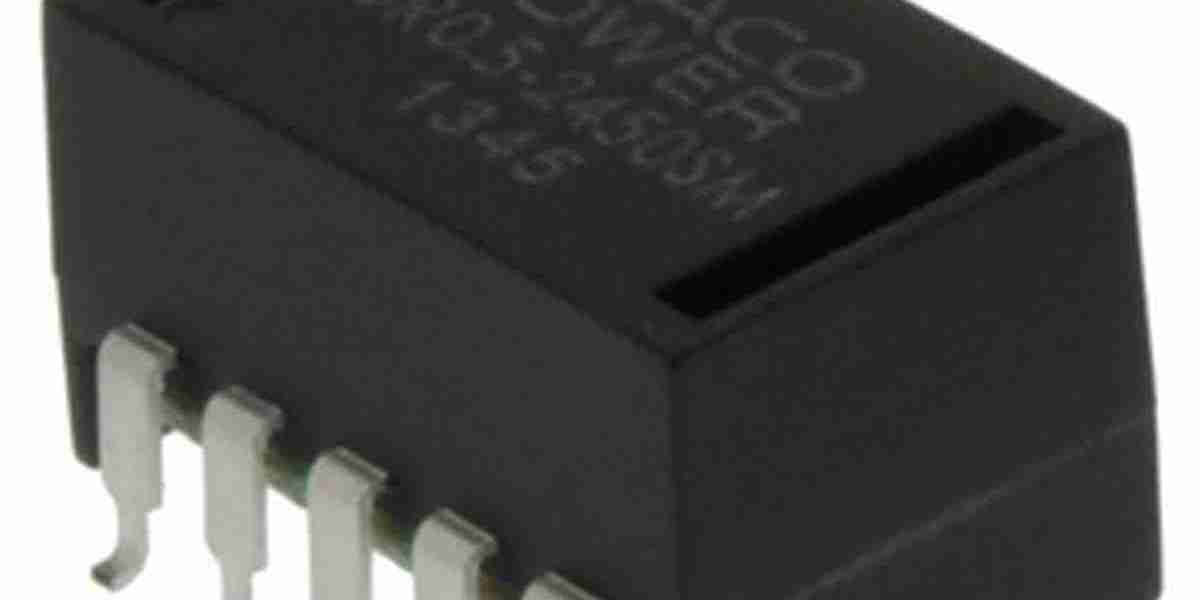If you’re experiencing intense tooth pain or discomfort, you might wonder, is nerve inflammation a dental emergency? Nerve inflammation, also known as pulpitis, occurs when the nerve inside your tooth becomes irritated or infected. While some cases may be managed with prompt dental care, others require immediate attention to prevent serious complications. Understanding when Nerve Filling with Inflammation qualifies as an emergency can help you respond quickly and protect your oral health.
What Is Nerve Inflammation in Dentistry?
Nerve inflammation, or pulpitis, is the swelling and irritation of the dental pulp—the soft tissue inside the tooth that contains nerves and blood vessels. It usually results from:
Untreated tooth decay reaching the pulp
Trauma or injury to the tooth
Deep dental fillings irritating the nerve
Cracked or fractured teeth allowing bacteria to enter
Repeated dental procedures stressing the nerve
Pulpitis can be reversible if caught early or irreversible if the nerve damage progresses.
Signs That Nerve Inflammation May Be a Dental Emergency:
Some symptoms indicate that nerve inflammation has advanced and needs urgent care. Watch for:
Severe, persistent toothache that disrupts daily activities
Intense throbbing pain that wakes you at night
Sharp pain triggered by hot or cold stimuli lasting long after exposure
Swelling or tenderness in the gums or face
Fever or general malaise indicating infection
Pus or bad taste in the mouth from an abscess
If you experience these signs, seek emergency dental treatment promptly.
Why Prompt Treatment Is Critical for Nerve Inflammation?
Delaying treatment of nerve inflammation can lead to:
Spread of infection to surrounding tissues or bone
Formation of a dental abscess requiring surgical drainage
Severe pain and swelling that complicates treatment
Loss of the tooth due to irreversible pulp damage
Increased treatment complexity and cost
Early diagnosis and intervention increase the chance of saving the tooth and reducing complications.
Emergency Treatment Options for Inflamed Dental Nerves:
Treatment depends on the severity and reversibility of the Nerve Filling with Inflammation Treatment:
Reversible pulpitis: Dentist may remove decay and place a new filling to allow the nerve to heal
Irreversible pulpitis: Root canal therapy is often needed to remove the damaged nerve tissue
Severe infection or abscess: May require antibiotics, drainage, and sometimes extraction
Your dentist will evaluate symptoms, perform tests, and recommend the appropriate emergency care.
How to Manage Nerve Inflammation Before You See a Dentist?
While awaiting emergency dental care, you can take steps to manage pain and prevent worsening:
Take over-the-counter pain relievers like ibuprofen or acetaminophen
Apply a cold compress to the cheek to reduce swelling
Avoid very hot, cold, or sugary foods that trigger pain
Rinse gently with warm salt water to soothe irritated tissues
Maintain good oral hygiene without aggravating the affected tooth
Contact your dentist immediately to arrange prompt evaluation
Effective self-care helps control symptoms until professional treatment is available.




